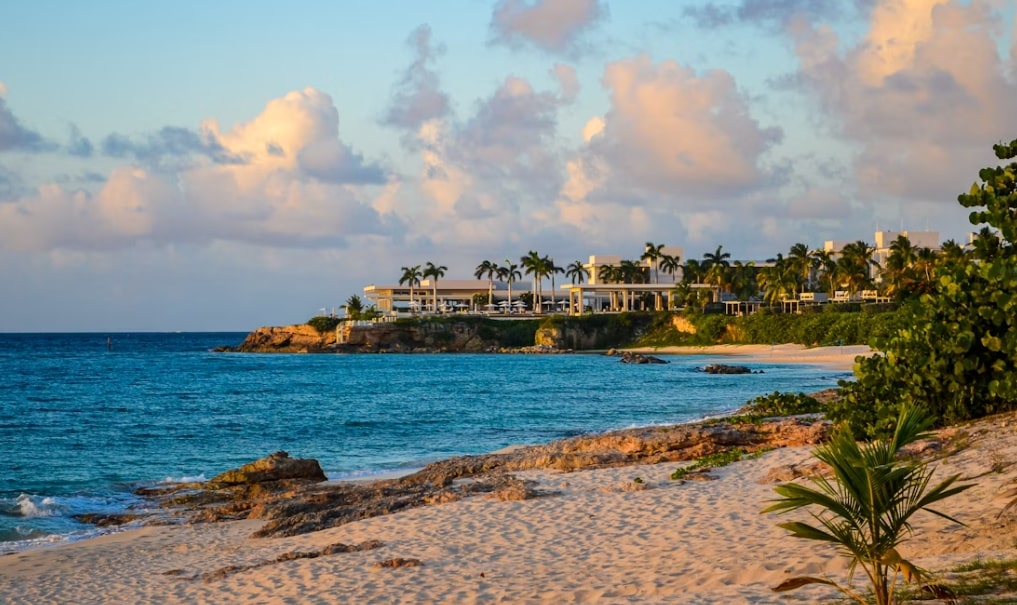Tucked between turquoise seas and coral reefs, the island of Anguilla seems an unlikely player in the global tech economy. With just 15,000 residents and an area smaller than most city suburbs, its economy has long depended on tourism, fishing, and offshore services. Yet in the last few years, this British overseas territory has found a surprising source of wealth, ownership of two letters: .ai
The “.ai” country code was introduced in the 1990s to give Anguilla an online identity. For years, it was used only by a handful of local businesses and hobbyists. Then, as the world’s fascination with artificial intelligence accelerated, those same letters took on an entirely new meaning. Suddenly, every tech entrepreneur and startup wanted a domain ending in “.ai.”
From London to San Francisco, companies rushed to secure names like Character.ai, Perplexity.ai, and Stability.ai. Each new registration cost roughly $140 for two years (a modest sum individually) but multiplied across tens of thousands of global buyers, it transformed Anguilla’s finances.
A Digital Windfall
In 2024, Anguilla generated around $39 million from .ai domain registrations – nearly 25% of its total government revenue. Examples of big domain sales include you.ai selling for $700,000 and crew.ai going for $104,900!
Matt Barrie, chief executive of Escrow said “these AI domains are being bought by both start-ups looking for their name online, and those trying to flip those domains to make some money”.
Local officials describe this unexpected success as a form of digital tourism. Instead of hosting physical visitors, Anguilla now hosts ideas. Every registration represents a virtual traveller supporting the island’s economy.
The influx of funds has allowed the government to invest in faster broadband, school infrastructure, and renewable energy projects. It’s one of the few small countries in the region where the balance sheet has improved without an increase in visitors or foreign aid.
A Boom Nobody Planned For
What makes the story remarkable is how little of it was planned. The global surge in “.ai” demand arrived suddenly, forcing Anguilla’s tiny registry office to modernise its systems.
Haydn Hughes, Anguilla’s Minister of Infrastructure, has described the transformation with both pride and irony.
At that time, we didn’t have computers in Anguilla … artificial intelligence was something that was far removed from our cerebral cortex, Hughes said.
He’s not exaggerating. When the .ai domain was first assigned, few locals had internet access. Now, the same code is funding public schools and even airport improvements. Others see it as poetic justice – a small island, often overlooked, quietly profiting from the technologies that dominate global headlines.
Anguilla’s story isn’t entirely unique. The Pacific nation of Tuvalu, for instance, turned its “.tv” domain into a national income source by licensing it to streaming platforms and broadcasters. Montenegro’s “.me” became a favourite among startups and personal brands.
The Challenge Ahead
Now, the challenge is sustaining it. Technology trends change fast, and no one can predict whether “.ai” will remain desirable a decade from now. Anguilla’s government has hinted at using the windfall to build long-term stability rather than short-term spending.
For a nation built on sand and coral, it’s a rare kind of stability – one born not from geography or natural resources, but from digital property rights. The irony is fitting: while the world’s biggest companies chase the next technological breakthrough, Anguilla has already found its own – hidden in plain sight on every browser bar ending with .ai.
